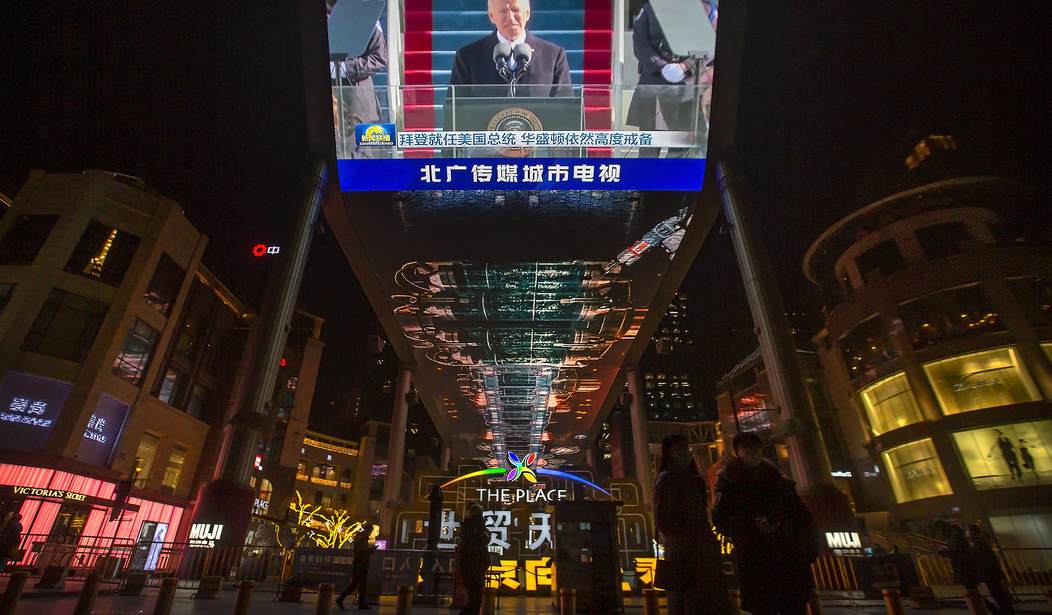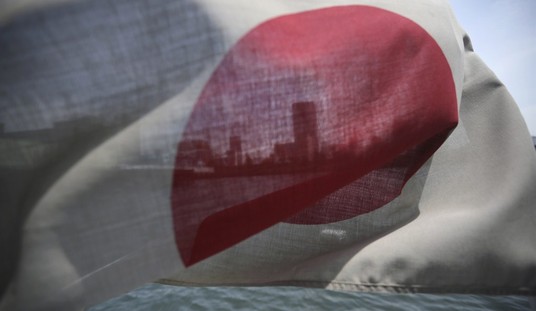The evolution of the bilateral relationship between the United States and China over the past 20 years cannot be denied.
Since 2000, we have had 12 years of GOP Presidential Administrations and 8 years of a Democrat Presidential Administration.
For much of the first 16 years, going back to 2000, the foreign and economic policy of the United States towards China was one that functioned on the basis of mutual “exploitation.” Wall Street and Main Street saw China as a source of cheap labor and a potentially huge new market of Chinese consumers who might be purchasers of US manufactured goods.
But Pres. Trump came into office with a much more jaundiced view of the US-Sino relationship — especially trade terms — and a much more suspicious view of the Chinese military ambitions.
Notwithstanding Pres. Trump’s many comments about what he viewed as a warm personal relationship with Chinese Chairman Xi Jinping, the Trump Administration took overtly hostile positions towards China and the CCP on both trade and military issues.
Given the very public history between Joe Biden, members of his family with China and Chinese business interests, one of the most interesting questions to be answered in the first weeks and months of the Biden Administration is how they would shift foreign policy from the orientation of the Trump Administration to whatever orientation was desired by members of the Biden Administration. We may have started to see the beginnings of an answer to that question earlier today — and you might be surprised.
Joe Biden’s Secretary of State Anthony Blinken gave his first public policy speech earlier this week, laying out in board terms what he sees as some of the first-order priorities for the new Administration on matters of foreign policy. His comments were infected with what would expect from the Biden Administration with regard to criticism of the foreign policy of the Trump Administration. He also provided the obligatory hagiographic praise of the foresight and foreign policy instincts of Joe Biden that he’s sure we will all come to recognize in the weeks and months ahead.
But then he made an oblique reference to a change in circumstances in the world that seemed to acknowledge foreign policy and bilateral relations are unlikely to simply roll back the calendar four years and pick up as if nothing has changed.
Our [Obama Administration] foreign policy fit the moment as any good strategy should, but this is a different time, so our strategy and approach are different. We’re not simply picking up where we left off as if the past four years didn’t happen. We’re looking at the world with fresh eyes. Having said that, while the times have changed some principles are enduring. One is that American leadership and engagement matter. We’re hearing this now from our friends. They’re glad we’re back. Whether we like it or not, the world does not organize itself. When the US pulls back, one of two things is likely to happen. Either another country tries to take our place, but not in a way that advances our interest and values or maybe just as bad, no one steps up and then we get chaos and all the dangers that creates. Either way, that’s not good for America.
Hopefully, this is a recognition of the predatory practices and policies that have been pursued by China both in its economic policy and its military policy. The “Belt and Road Initiative,” announced by China in 2013, was lauded with praise for its stated intention of lifting third world nations out of their impoverished status through the assistance of Chinese capital and Chinese companies to construct infrastructure improvements such as airports and port facilities. But when Obama and Biden left office, China had not yet begun to foreclose on the infrastructure projects in third world countries that it had financed — where the financing terms were so onerous that default and foreclosure was a preordained outcome. China made those construction project agreements, backed by Chinese financing, through bribes paid to corrupt public officials in the foreign countries where the facilities were built.
Now China is in the process of stitching together these facilities around the world as the equivalent of “forwarding operating bases” — now that they are Chinese-owned — by improving them with many dual-use capabilities which will make them functional for purposes of hosting Chinese military units.
On economic policy, Blinken said the following:
We’re building on hard lessons learned. Some of us previously argued for free trade agreements because we believed Americans would broadly share in the economic gains and that those deals would shape the global economy in ways that we wanted. We had good reasons to think those things, but we didn’t do enough to understand who would be negatively affected and what would be needed to adequately offset their pain or to enforce agreements that were already on the books and help more workers and small businesses fully benefit from them. Our approach now will be different. We will fight for every American job and for the rights, protections and interests of all American workers. We will use every tool to stop countries from stealing our intellectual property or manipulating their currencies to get an unfair advantage. We will fight corruption which stacks the deck against us and our trade policies will need to answer very clearly how they will grow the American middle class, create new and better jobs and benefit all Americans, not only those for whom the economy is already working.
Those words could have come straight from a MAGA policy handbook. The references to the theft of intellectual property and currency manipulation are both aimed directly at China. This is an admission of ill-advised reliance on “free trade agreements” without recognizing the downside those create when your trading partner is not honest or trustworthy — like the Chinese.
The public exposure of much of the malevolence behind China’s economic and military policies makes it impossible for the Biden Administration to go on as if nothing has happened while Donald Trump was President. Politically Biden cannot be seen as slipping back between the sheets with the Chicoms. If Blinkin’s comments are a public recognition of this reality, and the need to treat China as a force of evil in the world that it truly is, then the Biden Administration will have gone a long way in gaining some level of respect from me on foreign policy. I will disagree with pretty much everything else they do, but I can hold my nose for much of it without too much complaint if they get things right on countering China.














Join the conversation as a VIP Member